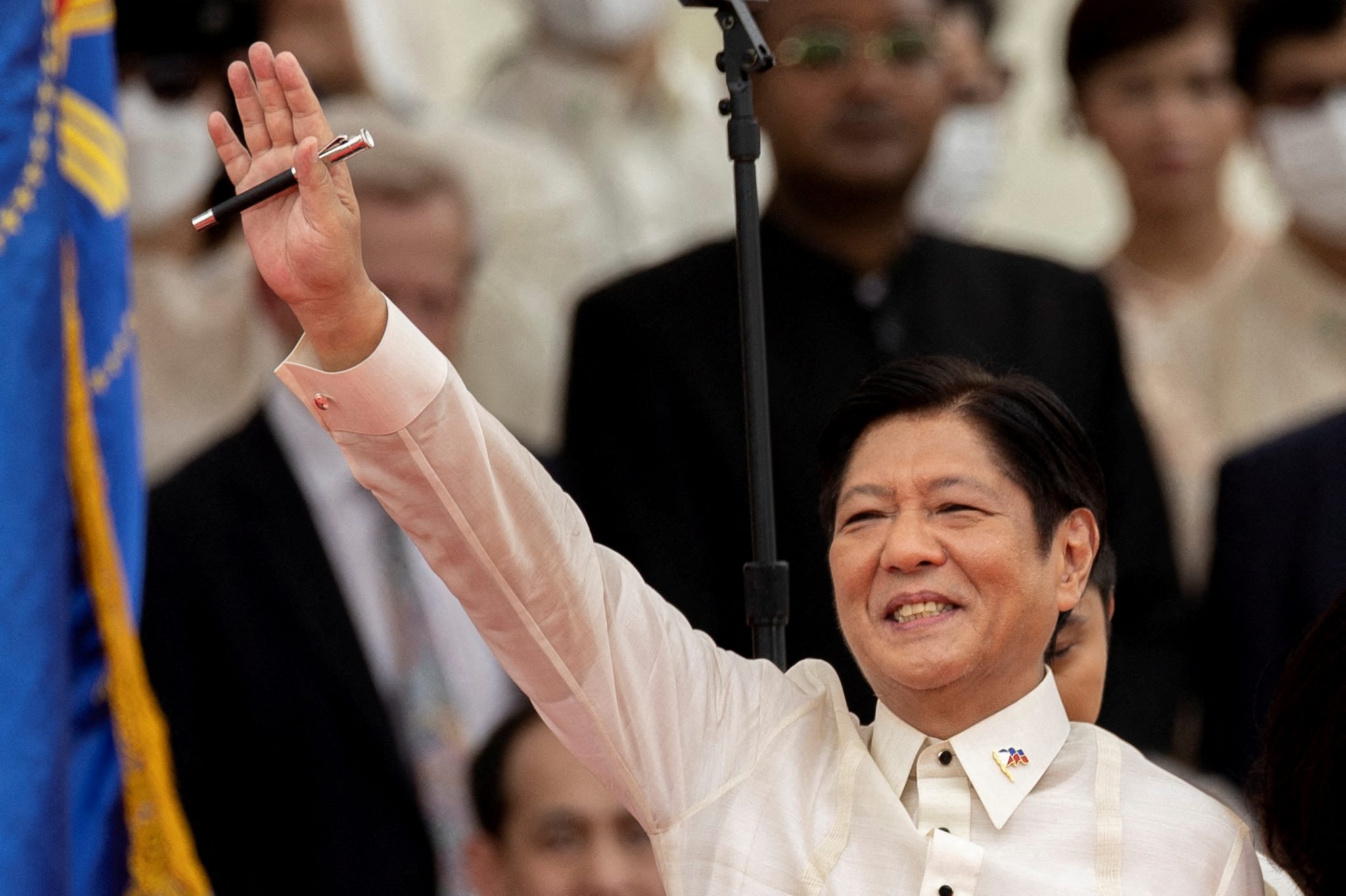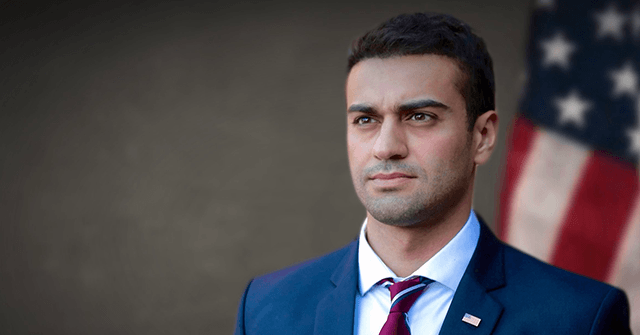Author: Salvador Santino F Regilme Jr, Leiden University.
Alongside the global decline of democratisation, the spread of authoritarianism and deterioration of human rights in Southeast Asia continues at an accelerated pace. The region appears to be on a trajectory towards autocracy, with countries undoing their progress towards democracy.
Indonesia — the region’s largest electoral democracy — has witnessed the deterioration of civil liberties, an expanded military presence in civilian politics and increased influence of political dynasties. Both Laos and Vietnam remain under their own forms of Leninist dictatorship, while Singapore has long been under a one-party authoritarian rule where political opposition is effectively curtailed. Brunei remains an absolute monarchy with severe problems in the harshness of its justice system. Cambodia has been a constitutional monarchy under the nearly four-decade personalistic rule of Hun Sen.
There are only two countries in the region that possess a relatively longer history of electoral democratic governance — Thailand and the Philippines.
Since 2010, Thailand and the Philippines — two of the region’s largest post-Cold War constitutional democracies — have demonstrated a remarkable shift to autocracy. Both countries are middle-income and emerging economies with a long-standing treaty alliance with the United States. If Thailand and the Philippines stand as Southeast Asia’s only nominal democracies and US allies, how can the regional shift to autocracy be curtailed?
After the fall of prime minister Thaksin Shinawatra’s administration, Thailand has been haunted by military juntas and political crises. The militaristic National Council for Peace and Order has been blamed for widespread human rights abuses. Since the 2014 coup, China has emerged as a key patron of military defence and political support for the Thai state despite Bangkok’s security commitments with Washington.
Thai elites have welcomed China’s patronage, which emerged in an effort to fill the absence of US support that has dried up as the country declines towards militaristic autocracy. Beijing has capitalised on its increasingly active economic trade relations with Bangkok, forming what is now dubbed by China’s State Council the ‘comprehensive strategic cooperative partnership’. Thailand has responded by positioning itself directly within China’s sphere of influence.
In the Philippines, the post-1986 constitutional order — the liberal constitutional democratic system that emerged after the collapse of Ferdinand Marcos’s brutal dictatorship — dramatically deteriorated when Rodrigo Duterte assumed the presidency in 2016. The ‘war on drugs’, the persistent red-tagging, the forced closure of the nation’s largest media conglomerate and the systemic harassment of political opposition leaders demonstrates how the state abandoned its commitment to human rights.
During the 2022 national elections, Ferdinand Marcos Junior and the incumbent authoritarian president’s daughter, Sara Duterte, registered a record-breaking landslide victory amid widespread disinformation, electoral irregularities, suppression of peaceful political dissent and politically-motivated killings.
The United States had been a key supporter of domestic political, economic and military elites in Thailand and the Philippines, especially during the Cold War years up until the war on terror. While it is in China’s strategic interest to ensure that the political establishments in two of the United States’ enduring treaty allies are amenable to Beijing’s economic and geostrategic interests, that is most likely to happen under an autocratic state that is shielded from any form of dissent.
While the US track record in the region is far from consistent, China’s blatant promotion of autocracy in the Southeast Asian region represents a fundamental threat not only to the further deterioration of democratic institutions but also to the integrity of international law. Beijing’s demand for autocratic stability in Asian countries undermines the emergence of progressive social movements, checks-and-balances amongst various branches of the government and the absence of accountability among abusive state agents.
If there is any hope in stopping the spread of autocracy in Southeast Asia, at least from the perspective of the United States foreign policy establishment, then political support and material resources must be provided to state and nonstate actors that are committed to competitive electoral processes, democratic governance and human rights.
Those actors include progressive civil society groups and independent journalism and media outlets which can counter the widespread disinformation perpetrated by autocratic elites. Military and state elites who are committed to re-establishing democratic civilian control and opposition politicians who have been consistent in upholding the interests of those in the margins should also be supported.
Salvador Santino F Regilme Jr. is an Assistant Professor in international relations and human rights at the Institute for History at Leiden University, the Netherlands.




















Discussion about this post